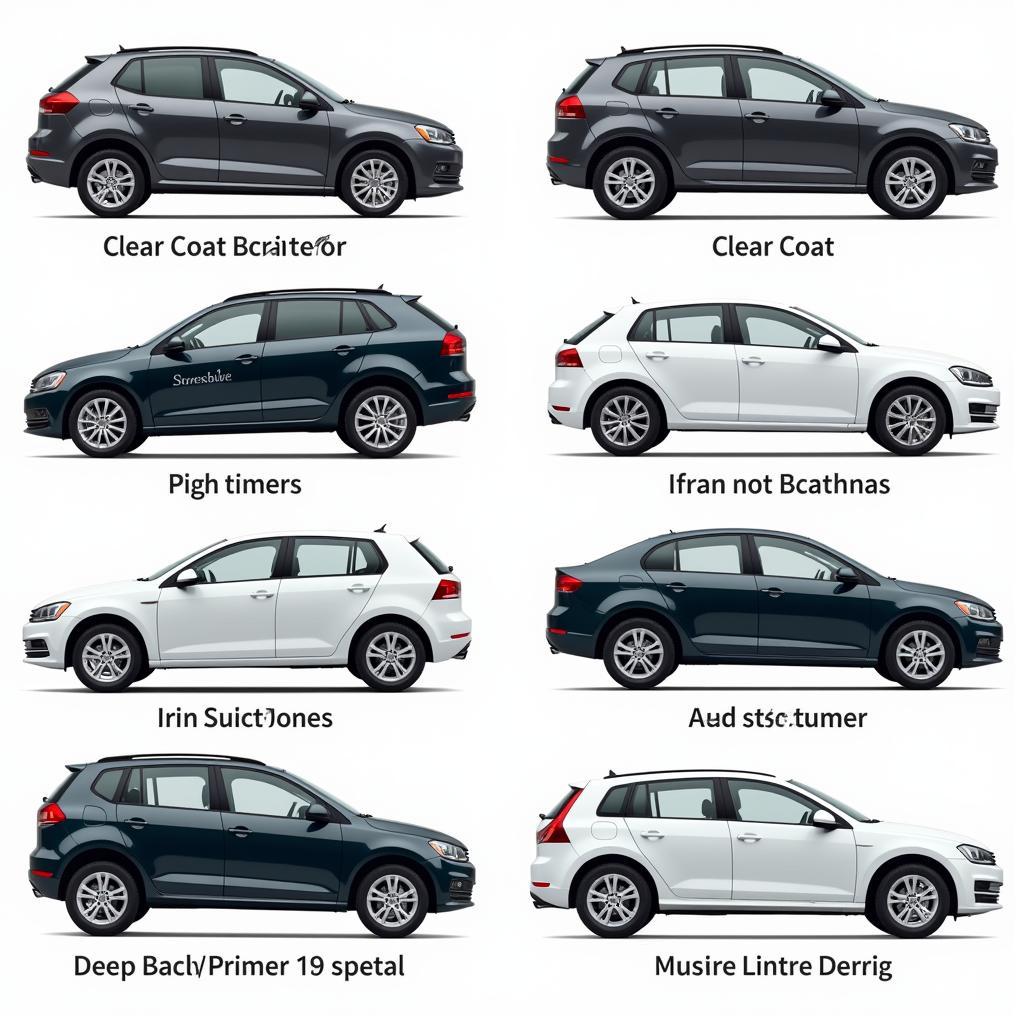Staying on top of yearly car maintenance is one of the most important things you can do as a car owner. Not only does it help keep your vehicle running smoothly and safely, but it can also save you money on costly repairs down the road. This comprehensive guide will cover everything you need to know about yearly car maintenance, from what to expect to how to save money. yearly car maintenance checklist
Why Is Yearly Car Maintenance Important?
Regular car maintenance is essential for a multitude of reasons. First, it ensures your car operates at peak performance. Just like our bodies need regular check-ups, cars require routine attention to maintain their efficiency and longevity.
Second, it enhances safety. Worn-out parts can pose serious risks on the road. For instance, worn brake pads can significantly increase your stopping distance, putting you and others at risk.
Third, it saves you money in the long run. Addressing minor issues promptly through regular maintenance can prevent them from escalating into major, expensive repairs later.
Key Aspects of Yearly Car Maintenance
1. Oil and Filter Change
This is arguably the most crucial aspect of car maintenance. Engine oil lubricates moving parts, reduces friction, and prevents overheating. Over time, oil degrades and loses its effectiveness. Changing the oil and filter at recommended intervals ensures optimal engine performance and longevity.
2. Tire Rotation and Pressure Check
Tires wear unevenly depending on driving habits and road conditions. Rotating them periodically ensures even wear, extending their lifespan and improving fuel efficiency. Maintaining proper tire pressure is equally crucial for optimal handling, fuel economy, and tire longevity.
3. Brake Inspection and Service
Brakes are your vehicle’s most critical safety feature. During a brake inspection, a mechanic will check the pads, rotors, calipers, and brake fluid for wear and tear. Timely brake service ensures optimal stopping power and prevents potentially dangerous situations.
4. Fluid Level Checks
Your car relies on various fluids to function properly, including coolant, transmission fluid, power steering fluid, and brake fluid. Regular checks and top-ups ensure these systems operate efficiently and prevent costly damage.
5. Battery Test
The battery provides the electrical current needed to start your engine and power various electrical components. Over time, batteries lose their ability to hold a charge. Regular testing helps determine the battery’s health and anticipate the need for replacement.
6. Belt and Hose Inspection
Belts and hoses play a vital role in engine operation. They drive essential components like the alternator, power steering pump, and water pump. Inspecting them for cracks, fraying, or looseness can prevent unexpected breakdowns.
7. Air Filter Replacement
The air filter prevents dirt, dust, and debris from entering the engine, ensuring optimal airflow for combustion. A clogged air filter can reduce engine performance and fuel efficiency.
What Factors Influence Yearly Maintenance Costs?
Several factors can influence the cost of yearly car maintenance. The make and model of your car, its age and mileage, your location, and the mechanic you choose can all impact the overall expense.
-
Make and Model: Luxury cars typically come with higher maintenance costs than economy cars due to specialized parts and labor.
-
Age and Mileage: Older vehicles and those with higher mileage tend to require more frequent repairs and maintenance.
-
Location: Labor rates for mechanics can vary depending on your geographic location. Urban areas often have higher labor costs compared to rural areas.
-
Mechanic: Choosing a reputable and experienced mechanic can save you money in the long run. While dealerships may offer specialized knowledge of your car model, independent mechanics often provide more competitive rates.
For a deeper dive into yearly maintenance costs, you can find more information here: yearly maintenance cost for cars.
How Can I Save Money on Yearly Car Maintenance?
While car maintenance is an unavoidable expense, there are ways to save money:
-
Follow the Manufacturer’s Recommended Maintenance Schedule: This will help you stay ahead of potential issues and prevent costly repairs down the line.
-
Shop Around for the Best Prices: Get quotes from multiple mechanics before deciding where to have your car serviced. Don’t be afraid to negotiate prices, especially for major repairs.
-
Consider DIY Maintenance: Simple tasks like changing your oil and air filter can be done at home with basic tools and some mechanical knowledge.
-
Drive Carefully: Aggressive driving habits like hard braking and acceleration can put extra wear and tear on your car, leading to more frequent maintenance needs.
If you are interested in understanding the core components of yearly car maintenance, be sure to check out what is yearly car maintenance.
Conclusion
Yearly car maintenance is not just an option, it’s an investment in your vehicle’s performance, longevity, and your safety on the road. By following the manufacturer’s recommended maintenance schedule, addressing minor issues promptly, and adopting smart maintenance practices, you can keep your car running smoothly for years to come while minimizing unexpected expenses.
For all your car maintenance needs and expert advice, contact AutoTipPro at +1 (641) 206-8880 or visit our office at 500 N St Mary’s St, San Antonio, TX 78205, United States. We’re here to keep your car running its best!





Leave a Reply